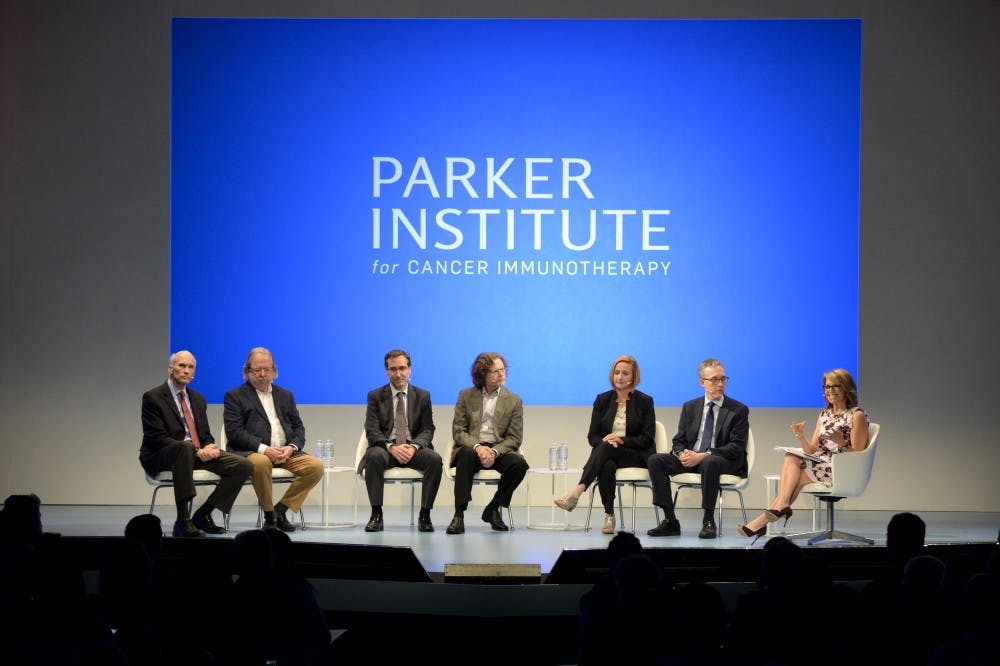The Perelman School of Medicine, along with five other peer institutions, has partnered with The Parker Institute for Cancer Immunotherapy to develop new techniques for the treatment of cancers.
This collaboration among seven of the country’s leading medical schools aims to expedite the process of finding cures to different types of cancers. This new development in cancer research, funded by a $250 million grant, was made possible by Silicon Valley billionaire Sean Parker and The Parker Foundation.
At Penn, the Parker Institute will be led by Carl June, professor in immunotherapy in the Medical School and researcher at the Abramson Cancer Center; Robert Vonderheide, professor in cancer research in the Medical School and the Abramson Cancer Center; John Wherry, professor in the Medical School and Director of the Institute of Immunology. The directors of this new Institute plan to use the funding to accelerate the development of treatments for cancer based on the immune system.
“It really captures all those activities from very basic research on immunology, cancer immunological research and clinical trial therapy,” Vonderheide said.
Part of what makes the Parker Institute so groundbreaking is that it is set up at five major research institutions, enabling a level of almost unprecedented collaboration among cancer researchers. Prior to the launch, the institutions established an agreement outlining how to collaborate and how to share any newly generated intellectual property.
“I think the key point is that each institution signed the exact same agreement with the Parker Institute," Vonderheide said. "The key thing is that all those details that are important have been agreed upon already. That allows us to immediately begin doing the work of the research and the clinical trials."
Each institution’s Parker Institute will develop its own innovations, using the unique skills and resources each center has. New findings can then be shared in real time with the Parker Institute community.
Cancer immunotherapy is poised to change the way physicians treat and care for patients, Vonderheide said. In the public unveiling of the collaboration, Parker cited this as one of his main reasons for funding the Institute.
RELATED:
Penn joins groundbreaking cancer research coalition with $250 million grant
“This is a really exciting time in treating cancer," Vonderheide said. "The idea is to go to the next level with immunotherapy.”









